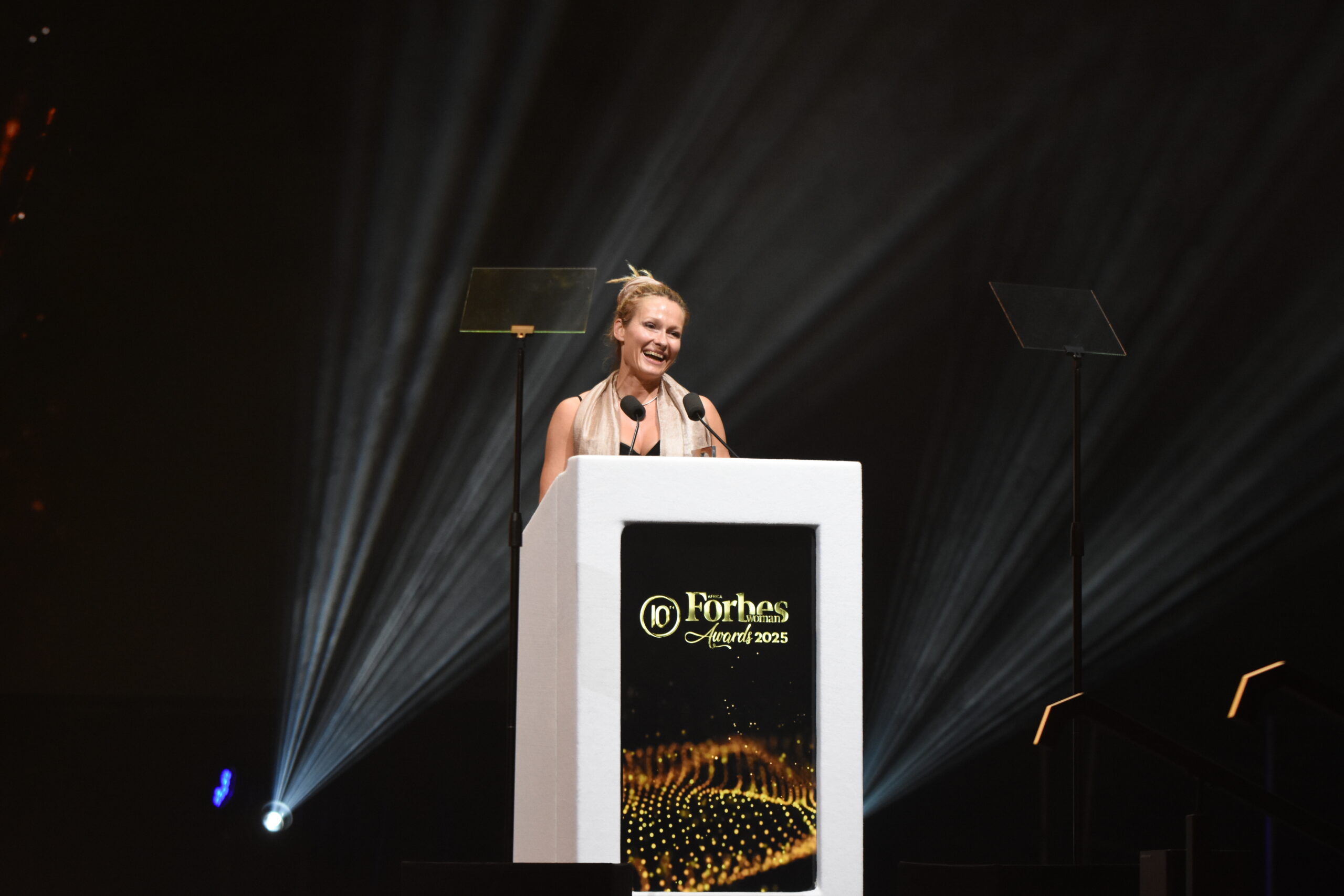Innovation, education and inspiration are at the core of the AFRICA2MOON PROJECT, soon set to showcase the potential of the continent for deep-space exploration.
Africa’s space exploration ambitions could take a giant leap forward in April with its first moon mission and, potentially, its first lunar radio telescope.
Called the Africa2Moon project, it awaits an announcement on the final payload selection for China’s Chang’e 8 mission (to explore the lunar south pole) scheduled to launch in 2028.
The Africa2Moon project’s first mission aims to deploy four antennae near the lunar south pole, according to Dr Adriana Marais, Director at the Foundation for Space Development Africa, and the Head of Science for Africa2Moon. “[This will be] paving the way for a larger future mission to deploy an array of 54 antennae on the lunar far side, representing each of Africa’s nations,” she adds.
The project is focused on a low-cost, low-mass, low-frequency array of BALLS (Bounced African Lunar Low Spheres) or spherical antenna systems, as Marais explains it, that will work together to investigate a region of space–frequencies below 10 MHz–mostly undetectable from our planet.
Loading...
“Radio emissions from solar bursts, Earth’s aurora, Jupiter, the galaxy’s glow, and also the lunar surface itself, are some of the phenomena that Africa2Moon will attempt to observe,” adds Marais.
Showcasing cooperation on an international scale, the South China Morning Post reported in 2023 that China was planning to offer more space for foreign equipment on its Chang’e 8 mission and that it could carry up to 200kg of it.
Africa’s space ambitions have soared in recent years. As per Space in Africa, a provider of market research, consulting, and data analytics services, African nations budgeted $465.34 million for their space programs in 2024.
“At the Foundation for Space Development Africa, we believe [it] is time for Africa to expand its role in space exploration,” says Marais, adding that “through the power of collaboration, Africa2Moon will serve as a continent-wide in- spiration and enabler for space-related activities; to educate, inspire and pave the way for African scientists to aspire to achieve world-firsts”.
The initiative, which was founded in 2014 by Carla Sharpe Mitchell, who is also the mission director of Africa2Moon, is led by the foundation in collaboration with organizations like the South African Radio Astronomy Observatory (SARAO) and South African National Space Agency (SANSA).
Other names involved in the project include Khutso Ngoasheng as Director of the Foundation for Space Development Africa, Thomas Kusel as Head of Engineering and Hendrik Burger for Space Systems.
Marais, who, as a child, dreamed of exploring other planets, is a theoretical physicist, technologist and advocate for off-world exploration. She is also the founder of Proudly Human, a non-profit volunteer organization, which she set up in 2019. Its Off-World Project is reported as a series of habitation experiments in the most remote and extreme environments on the planet. According to Marais, the project will collect data on groups of experts setting up off-grid infrastructure including shelter, power, water, air, food and communication systems, from scratch, in places such the driest deserts as well as from under the ocean. She adds that the team will live as a research community and prepare for life beyond Earth. It will also allow them to better understand community structures
here on the planet and is expected to “generate exploration-driven innovation and research”. All of this will reportedly be filmed and showcased through a documentary series, titled Mission Off-World.
When it comes to lunar exploration, Marais believes its importance lies in the fact that it reveals our capabilities as humans and contributes to a collective sense of participation and belonging.
“Space exploration gives us a broader perspective of our world, whether we are thinking about the satellites that en- able global communications networks and imagery of the sur- face of our planet, or rovers sending us videos of the surface of Mars. Expanding beyond Earth will further advance our society, also in ways we cannot yet imagine.
“When children living in Africa and all around the world look up at the Moon, we aim to promote a sense of wonder, excitement and participation in this exciting era for human- ity, as we prepare to establish a human presence on the Moon, Mars and beyond.”
Here’s a winner with ambitions beyond earth! Dr Adriana Marais is Director of the Foundation for Space Development Africa and Head of Science for the Foundation’s Africa2Moon Project which is in the running to become Africa’s first mission to the Moon. With a background in theoretical physics and currently a researcher at the University of Stellenbosch, in 2019, she also founded Proudly Human, and has visited some of the harshest and remotest locations on Earth.
Loading...
